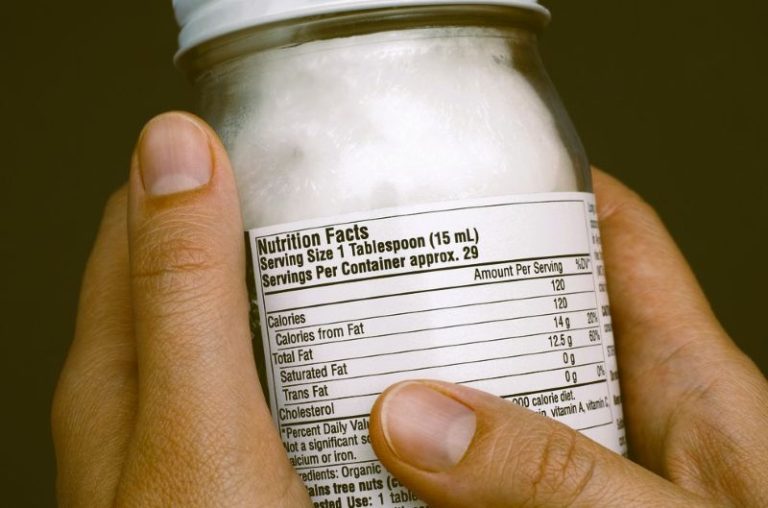

Have you experienced a truck accident in the recent past? Learning to assess settlement offers enables you to distinguish between equitable compensation and accepting a low offer that fails to meet your financial needs.
Truck accidents can be devastating. Because trucks weigh as much as 80,000 pounds they frequently cause serious injuries and extensive damage. Assessing settlement offers properly becomes essential when you face medical bills and lost wages along with continuous pain.
This article provides comprehensive guidance on how to evaluate truck accident settlement offers by detailing which factors affect compensation amounts and how to determine if an offer is reasonable. Let’s jump in!
What You Need to Know First
- Understanding typical settlement ranges
- Factors that influence settlement amounts
- Red flags in settlement offers
- How to negotiate effectively
- When to accept vs. when to fight for more
Typical Truck Accident Settlement Amounts: What to Expect
You must learn about average settlements before reviewing any proposed settlement offers. Recent data shows that settlements for truck accidents usually fall between $100,000 and $500,000 but can reach into the millions of dollars. One source reveals that the typical settlement amount averages at $103,654.08 while the median settlement stands at $30,000.
But here’s the thing…
The settlement amounts show significant fluctuations when considering different influencing factors. Compensation amounts in cases where catastrophic injuries or wrongful death occur tend to be significantly larger compared to cases with minor injuries.
Regional variations also play a significant role. Claims filed against New York City for truck accidents average $2.1 million in settlements which stands well above the national average.
Factors That Impact Your Settlement Value
It is essential to know which elements affect your settlement value during the evaluation process. An experienced truck accident lawyer will assist you in determining all essential considerations for your particular case.
The primary factors that determine settlement amounts include:
Severity of Injuries
Your potential settlement increases proportionally with the severity of your injuries. This makes sense because:
- Serious injuries require more extensive medical treatment
- Extended recovery periods lead to greater amounts of unpaid work time.
- Permanent disabilities have the potential to reduce your ability to earn money in the future
- The amount awarded for pain and suffering grows as the injury severity escalates.
The Federal Motor Carrier Safety Administration (FMCSA) reports that truck collisions in 2021 led to 1% fatalities and 22% injuries while 77% caused only property damage. Legal cases involving fatalities and injuries usually produce larger settlement amounts.
Medical Expenses (Present and Future)
Medical bills serve as the primary building block for calculating settlement amounts. Your settlement should cover:
- Emergency treatment costs
- Hospital stays
- Surgeries and procedures
- Medication expenses
- Physical therapy
- Future medical care requirements
Maintain thorough documentation of all medical expenses and obtain detailed future treatment plans from your doctor.
Lost Income and Earning Capacity
Your settlement needs to compensate for missed work and lost ability to return to your previous job.
- Wages lost during recovery
- Your settlement must account for lost earning capacity because you cannot resume your old job.
- Loss of benefits or promotion opportunities
- Job retraining costs if necessary
Liability Factors
The settlement amount depends heavily on determining fault distribution among parties involved. Important liability considerations include:
- The truck driver’s negligence (speeding, fatigue, distraction)
- Trucking company negligence (poor maintenance, inadequate training)
- Your role in causing the accident is measured through comparative negligence analysis.
- Multiple potentially liable parties
The year 2019 saw large trucks involved in about 510,000 accidents with nearly a quarter of those accidents leading to injuries or fatalities. Clear liability evidence strengthens your negotiating position.
Insurance Policy Limits
The insurance policy limits of the parties involved is a frequently disregarded factor. Insurance coverage limits for commercial trucks usually reach into the millions of dollars while passenger vehicles have lower coverage amounts. Potential settlement amounts can see substantial changes due to higher insurance coverage.
Red Flags in Settlement Offers: When to Be Suspicious
With the knowledge of what factors determine settlement amounts we can now examine warning signs that indicate an unfair offer.
Quick Settlement Offers
Be careful when you get an offer right after an accident. Insurance companies frequently present early offers with the expectation that you will agree before you understand the full extent of your damages.
- You fully understand your injuries
- All medical expenses are known
- You consult with an attorney
- The real worth of your claim becomes clear to you.
Offers That Don’t Cover Medical Expenses
A settlement that fails to pay for all medical costs – present and future – is insufficient. Your health deserves utmost priority because settling for insufficient medical coverage can expose you to financial risk.
Dismissal of Non-Economic Damages
Compensation should be provided for legitimate damages including pain and suffering and emotional distress along with diminished quality of life. An offer that fails to account for non-economic damages will probably be inadequate.
Pressure Tactics
Be cautious of adjusters using intense pressure methods such as:
- Artificial deadlines (“This offer expires tomorrow”)
- The claim that this offer represents the highest amount you will receive is a misleading tactic.
- Suggestions that you don’t need an attorney
- Warnings about the length of litigation
How to Effectively Evaluate a Settlement Offer
Upon receipt of a settlement offer you should use these steps to assess its adequacy.
1. Calculate Your Total Damages
Record every loss you have experienced to complete your damages list.
- All medical bills to date
- Estimated future medical expenses
- Lost wages (past and future)
- Property damage
- Pain and suffering
- Emotional distress
- Loss of enjoyment of life
2. Consider the Strength of Your Case
Be honest about liability issues:
- How clear is the truck driver’s negligence?
- Does any evidence show you shared responsibility for the incident?
- What level of proof do you have through supportive materials like witnesses and photographs? )?
- What challenges might you face in court?
3. Weigh the Risks of Litigation
Going to trial has inherent risks:
- Trials can take years to resolve
- The outcome is never guaranteed
- Legal costs increase significantly
- The emotional toll of prolonged litigation
4. Get Professional Guidance
The expertise of a skilled truck accident attorney becomes critical at this stage. They can:
- Accurately value your claim
- Identify weaknesses in the offer
- Advise on the fairness of the amount
- Negotiate more effectively with insurers
Negotiating Strategies for Better Settlements
These negotiation strategies will help you when you find an offer insufficient.
Counter with a Detailed Demand
Return with a detailed counter-offer which explicitly explains:
- Specific damages and their costs
- Supporting documentation for each claim
- Clear reasoning for the requested amount
Highlight Strengths of Your Case
Emphasize evidence that strengthens your position:
- Black box data from the truck
- Hours of service violations
- Maintenance record issues
- Witness statements
- Expert opinions
Be Patient but Persistent
Settlement negotiations often require multiple rounds. Initial rejections should not discourage you because sustained effort usually leads to success.
When to Accept a Settlement Offer
There are times when accepting a settlement offer becomes the right choice especially when:
- The offer fairly compensates for all damages
- Existing liability problems could damage your chances of winning at trial
- Your immediate financial needs are pressing
- The emotional closure is valuable to you
When to Reject and Continue Fighting
Consider rejecting the offer when:
- It significantly undervalues your damages
- You have strong evidence of clear liability
- Your attorney advises the offer is insufficient
- Your financial situation allows you to reject this offer in anticipation of receiving a more favorable settlement.
Wrapping It All Up
When evaluating truck accident settlement offers you must analyze a variety of important elements which include both your injury severity and your evidence strength. The typical settlement amounts between $100,000 and $500,000 but your individual case may require adjustments above or below this range based on specific factors.
Insurance companies focus on reducing their payout amounts while your objective needs to be obtaining equitable compensation for every damage you incurred. The differing objectives between insurance companies and claimants create a situation where legal guidance becomes essential. Insight into settlement value determinants alongside the ability to identify problematic offers and strategic negotiation skills equips you to safeguard your financial future following a truck accident.


